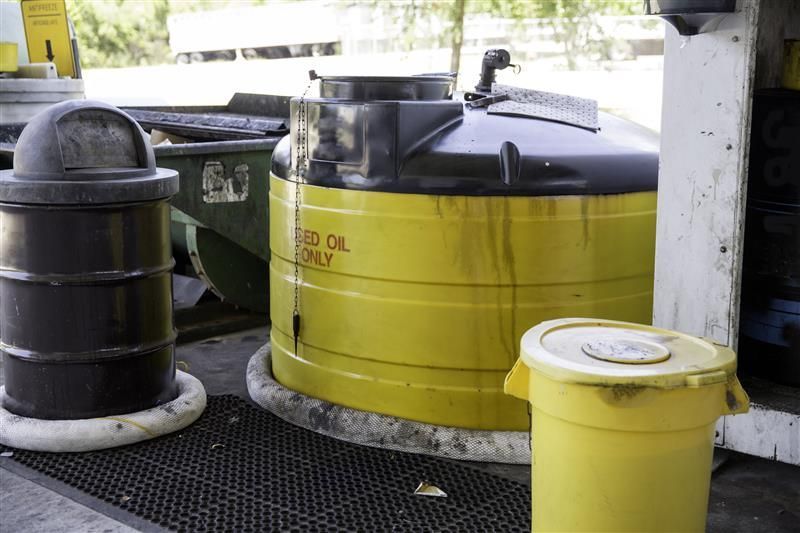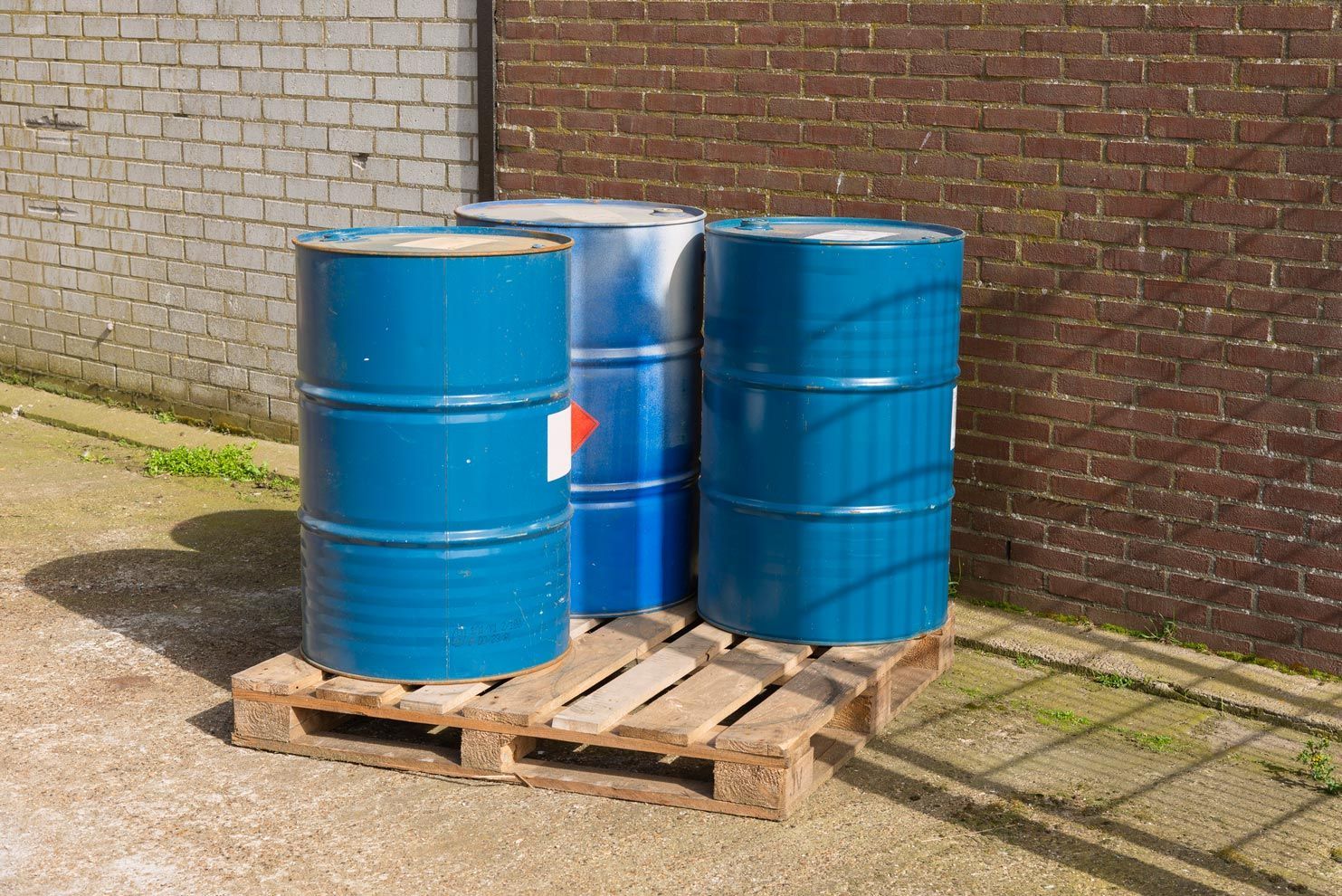What Are the Risks of Neglecting to Recycle Waste Oil?

When you change the oil in your car, you can set the used oil on the side of the road for collection from city waste management workers. However, businesses that create a lot of waste oil, need to be more proactive about recycling waste oil. If you don't, you could face many consequences, including legal fines. If you want to know more, check out these four risks of neglecting to recycle waste oil.
1. Legal Consequences for Improper Disposal/Storage
Waste oil is considered hazardous waste. Therefore, the EPA and the Resource Conservation and Recovery Act (RCRA) have strict guidelines on how to properly store, transport, and dispose of waste oil. Failure to comply with these guidelines could lead to fines and jail time.
First, you need to have the proper permit to treat, store, or dispose of waste oil. If you don't have the permit, you could face five years in jail and penalties of $50,000 or more for each day of the violation. If you do have a permit but violated it, the jail time may be reduced to two years, but the fine is not reduced.
If the courts can prove you knowingly endangered people, the jail time may increase to 15 years, and the fine can skyrocket up to one million dollars. In addition, if you tried to hide your actions with RCRA false statements and altering/destroying/concealing records, you could face more fines and jail time.
2. Increased Risk of Fire Due to Improper Storage
Oil is a combustible liquid, which differs from a flammable liquid. Flammable liquids catch fire immediately when in contact with an ignition source. Oil burns at a higher temperature than flammable liquids, but if a fire starts, improperly stored waste oil could add fuel to the fire, causing it to grow hotter and spread farther. This increases the risk of injuries to your employees and damage to the building.
3. Health Concerns From Exposure
If you store the waste oil improperly, you could be putting your employees and yourself at risk of health issues. These health issues can affect employee performance, but as employees get sick from exposure, they are more likely to file workers' compensation claims.
Short-term exposure to waste oil could cause memory loss, irritability, nausea, headaches, chest pain, fatigue, rashes, eye sores, and confusion. All these make a terrible work environment, but exposure can also affect the employees long after they've left.
In one study, seven years after an oil spill, workers still had low platelet counts, low hemoglobin levels, trouble breathing, lung issues, and liver issues. Above all, however, research has shown that long-term exposure to exposure to lots of oil does increase the risk of certain cancers, such as mesothelioma, skin cancer, prostate cancer, and lung cancer.
4. Environmental Issues From Improper Disposal
When you don't recycle your waste oil properly, it can end up in the environment, and this can lead to many problems. There are two major ways waste oil harms the environment. First, it can get into groundwater.
Contaminated groundwater can cause problems with drinking wells, but if the contaminated water reaches rivers or lakes, it could spread even farther, increasing the risk of health problems for both humans and animals.
Second, burning used oil to dispose of it expels harmful toxins into the atmosphere, affecting the very air humans and animals breathe. In addition, these corrosive toxins can destroy the ozone and worsen global warming.
Your business needs oil to survive, but you need to make sure to recycle it properly. Improper disposal and storage could lead to major financial consequences and health issues. If you would like to know more about oil recycling, contact us at Denver Oil today.










